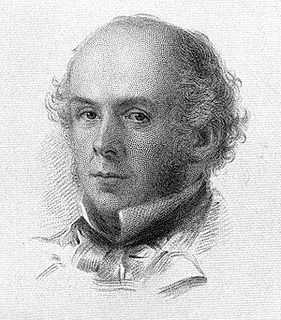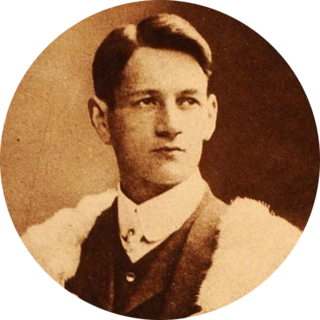A Quote by William Shakespeare
All's well that ends well; still the fine's the crown. Whate'er the course, the end is the renown.
Related Quotes
Is it not true that the clever rogue is like the runner who runs well for the first half of the course, but flags before reaching the goal: he is quick off the mark, but ends in disgrace and slinks away crestfallen and uncrowned. The crown is the prize of the really good runner who perseveres to the end.
In a physical contest on the field of battle it is allowable to use tactics and strategy, to retreat as well as advance, to have recourse to a ruse as well as open attack; but in matters of principle there can be no tactics, there is one straight forward course to follow and that course must be found and followed without swerving to the end.
Dear God, I prayed, all unafraid (as we're inclined to do), I do not need a handsome man but let him be like You; I do not need one big and strong nor yet so very tall, nor need he be some genius, or wealthy, Lord, at all; but let his head be high, dear God, and let his eye be clear, his shoulders straight, whate'er his state, whate'er his earthly sphere; and let his face have character, a ruggedness if soul, and let his whole life show, dear God, a singleness of goal; then when he comes (as he will come) with quiet eyes aglow, I'll understand that he's the man I prayed for long ago.




































